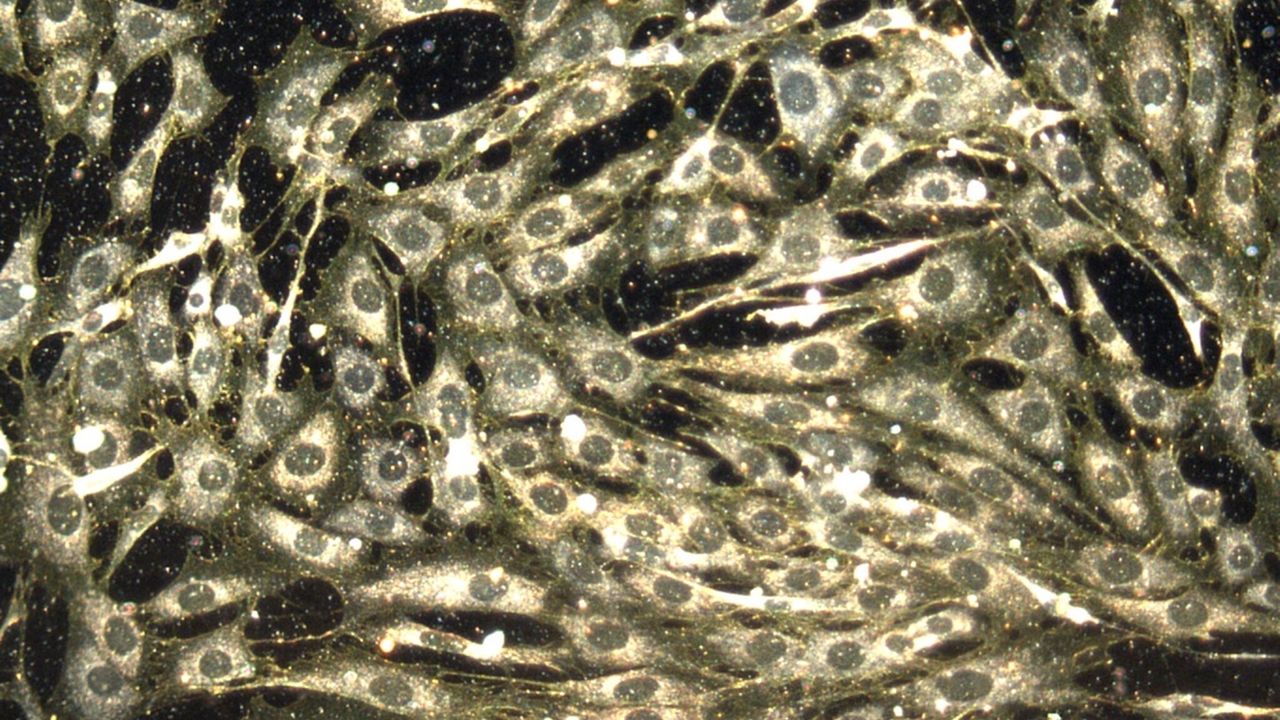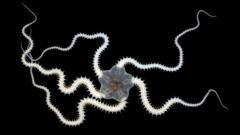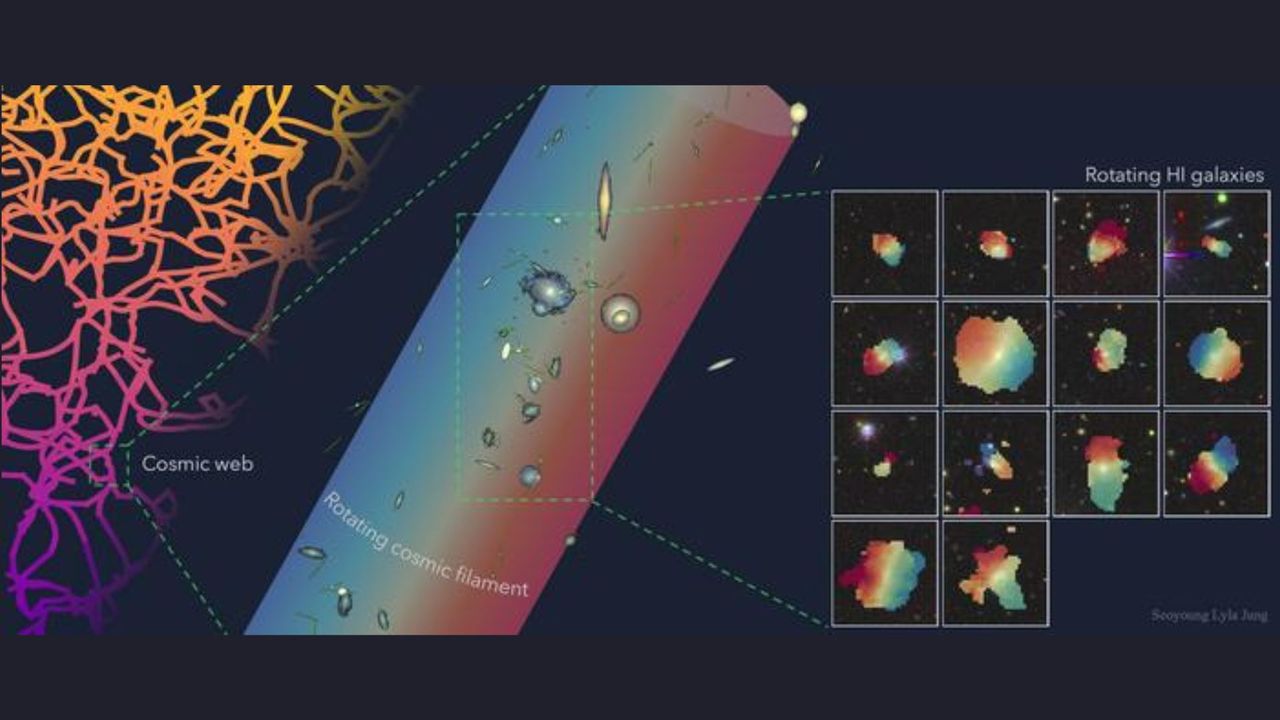Chemo hurts both cancerous and healthy cells. But scientists think nanoparticles could help fix that.
PositiveScience

Scientists are exploring the use of nanoparticles to improve chemotherapy treatments by minimizing damage to healthy cells. This innovative approach could help the immune system better tolerate cancer drugs, reducing side effects and enhancing patient comfort. As chemotherapy often harms both cancerous and healthy cells, finding a way to protect the latter while effectively targeting tumors is a significant breakthrough that could change cancer treatment for many.
— via World Pulse Now AI Editorial System
/https://tf-cmsv2-smithsonianmag-media.s3.amazonaws.com/filer_public/62/01/62019da1-dd28-4322-aca0-0ec598b63235/7402439760_6437bcb924_k.jpg)



